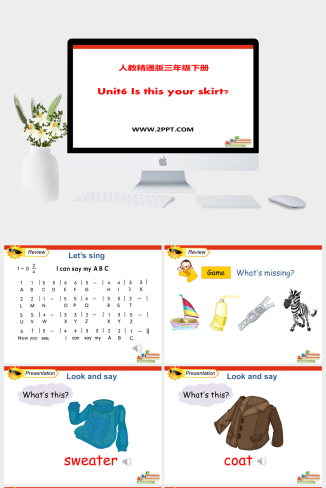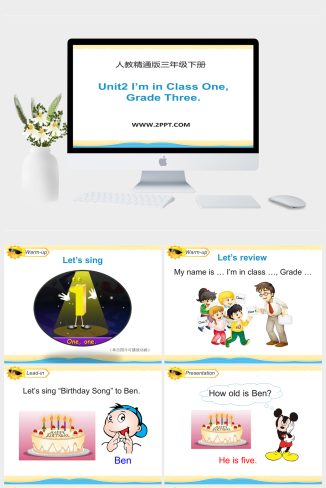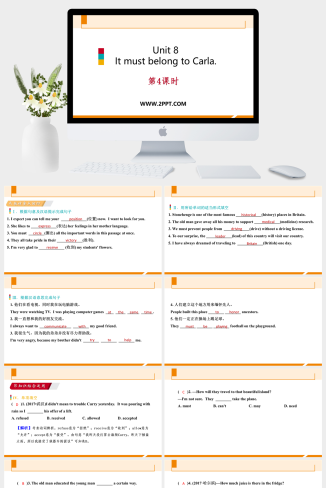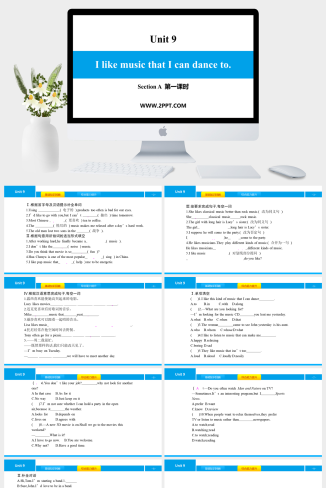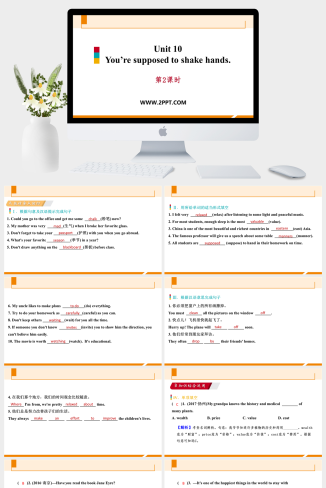PPT预览

1.In your country,what are you supposed to do when youmeet someone for the first time?在你们国家,当你初次与某人见面时你应该做什么?(教材第73页)
be supposed to意为“应该”,后接动词原形,相当于should或ought to,用来表示劝告、建议、义务、责任等。其否定形式为be not supposed to,意为“不应该”。
e.g.:We are supposed to be here at six.
Everyone is supposed to wear a seat belt in the car.Children are not supposed to play soccer in the street.
2.In the United States,they're expected to shake hands.在美国,他们应该握手。(教材第73页)
(1) be expected to do sth.意为“(某人)被期望做某事:应该做某事”,此处相当于be supposed to do sth。
e.g.:You're expected to get good grades this term.
(2)expect及物动词,意为“期望;预料;期待”,后可接名词、代词、动词不定式或从句。其常用结构:expect todo sth.意为“期待做某事”;expect sb. to do sth.意为“期待某人做某事”。
e.g.:I expect a letter from my family.She expected to come back next week.I expected you to do your duty.
I expected that Ill back on Sunday.
3. He greeted Paul's mother the wrong way.他问候保罗母亲的方式不对。(教材第74页)
(1)greet及物动词,意为“和……打招呼;迎接”,相当于say hello to sb.,后接名词或代词作宾语。
e.g.:We greeted her by saying"Good morning”.
(2)the wrong way意为“以错误的方式,错误地”,相当于in the wrong way。当way构成的短语表示“用......方式/方法”时,常加介词in。如果way前有this,that或the等词时,in可以省略,但是如果位于句首,in则不可省略。
e.g.You understood him in the wrong way.
